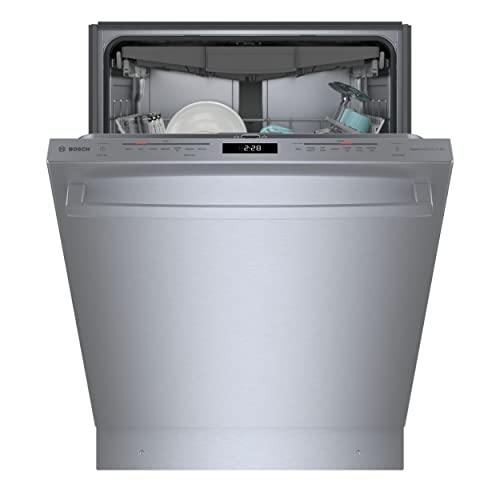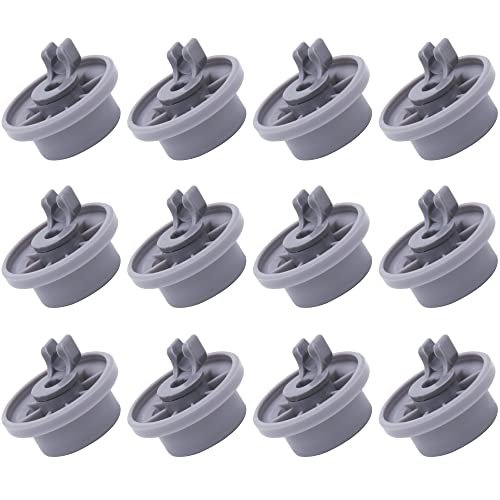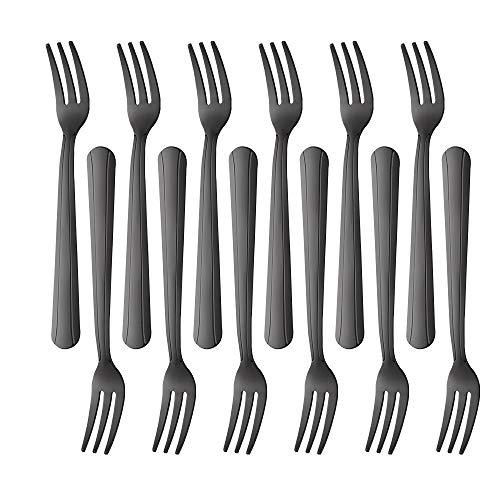Why Are Dishwashers Good For The Environment?
In today’s busy world, people are always looking for ways to save time, energy, and money. One home appliance that can help achieve all three is the dishwasher. While many individuals use the dishwasher primarily for convenience, it also has environmental benefits. However, many people remain unaware of the environmental benefits that come with using dishwashers. Using a dishwasher not only helps you save time and energy but is also great for the environment.
In this article, we will explore why dishwashers are good for the environment and examine some technological advances that make them even more eco-friendly. Additionally, we will provide tips on how to use your dishwasher efficiently to reduce water and energy consumption while getting the most out of the machine.
Are There Any Environmental Benefits To Using A Dishwasher On Top Of Saving Time And Energy?
Yes, there are several environmental benefits to using a dishwasher in addition to the time and energy savings. One benefit is that dishwashers use less water than washing dishes by hand. According to studies, hand washing uses an average of 27 gallons of water per load, while dishwashers use an average of 6 gallons. This is because dishwashers are designed to use water more efficiently, with targeted jets and sprays that ensure dishes are thoroughly cleaned without wasting water.
Additionally, dishwashers are often equipped with energy-saving features such as delayed starts, eco-mode, and low-temperature wash options. These features not only reduce energy consumption but also decrease water usage and help to minimize the environmental impact of running a dishwasher.
Another environmental benefit of using a dishwasher is that it reduces the amount of water and soap that goes down the drain. This can have a positive impact on local waterways and ecosystems. In addition, dishwashers can prevent the spread of harmful bacteria and germs, which can be a health concern when washing dishes by hand.
Finally, using a dishwasher can also save time and money in the long run. By reducing the amount of time spent scrubbing dishes by hand, people have more time to spend on other important tasks. And because dishwashers are designed to clean dishes more thoroughly than hand washing, they can help to extend the life of dishes and reduce the need for replacement.
The environmental benefits of using a dishwasher are numerous and significant. From water and energy savings to improved hygiene and reduced waste, dishwashers can have a positive impact on both individuals and the environment as a whole.
What Kind Of Technological Advances Have Been Made Over The Years That Make Dishwashers More Environmentally Friendly?
Advancements in technology have been instrumental in revolutionizing the dishwasher industry. Below, we will explore some of the key technological advances that have contributed to this positive change.
Energy Star Ratings
One of the most significant technological advances in the realm of eco-friendly dishwashers has been the introduction of the Energy Star ratings. Appliances with this rating have been proven to be more energy-efficient than their counterparts thereby reducing their carbon footprint. The Energy Star rating system was established by the U.S. Environmental Protection Agency (EPA) and the Department of Energy (DOE). It provides guidance to consumers who are looking to buy energy-efficient appliances including dishwashers, which ultimately contribute to reducing energy usage and greenhouse gas emissions.
Sensors and Water-Saving Technologies
Another crucial advancement that has made dishwashers more eco-friendly is the use of sensors and water-saving technologies. Sensors are built into newer dishwasher models that detect the soil level in the dishes during the wash cycle, only using the amount of water required to clean them. Additionally, some dishwasher models come equipped with water-saving technologies that minimize the amount of water used per wash cycle, resulting in significant water savings. These technologies not only save water but also reduce energy consumption as less water needs to be heated in each wash cycle.
Loaded Optimization
Loaded optimization is yet another technology that is making dishwashers more environmentally friendly. This technology involves strategically placed sprayers in the dishwasher that optimally distribute water and detergent to all parts of the dishwasher, even in tricky-to-reach areas like wine glasses and utensils. This ensures that no dish is left uncleaned, while also saving water and electricity.
Eco-Friendly Material
Manufacturers are also using eco-friendly materials to design dishwashers. Some models use materials that are more sustainable and require less energy to produce. This reduces the product’s carbon footprint and contributes to a cleaner environment.
What Are Some Tips For Operating Your Dishwasher Efficiently So It Doesn’t Use Too Much Water Or Energy?
Dishwashers are an ideal appliance for those who want to save water and energy. But, to exploit this advantage, it is essential to use the machine efficiently. Here are some tips to help you operate your dishwasher efficiently, saving both water and energy:
Fill Up Your Dishwasher
Don’t run your dishwasher unless it’s completely full. Running the machine with a partial load not only wastes water, energy, and detergent, but also wears out the components of the dishwasher more quickly.
Use The Right Dishwasher Settings
Most dishwashers come with different settings, such as “light” and “heavy-duty.” However, it is important to choose the right setting based on the amount of food and grease on the dishes, as well as the type of dishes that you are washing. The right setting will reduce the amount of water and energy used while cleaning your dishes thoroughly.
Pre-Rinse Your Dishes
Before placing dishes in the dishwasher, empty the leftover food and pre-rinse them to remove any sticky residues. By doing this, you will reduce the amount of food waste, and the dishwasher will take less time and use less water to clean dishes.
Scrape, Don’t Rinse
When pre-rinsing dishes, it is important not to overdo it. Scrape off any large food particles, but don’t spend too much time rinsing dishes as this increases unnecessary water consumption.
Opt For Eco-Friendly Detergents
Choose detergents that are eco-friendly or that have a low environmental impact. These tend to use less water and energy and avoid harmful chemicals that can pollute the water supply.
Conclusion
As you can see, dishwashers are a great way to be more eco-friendly, not just because of the water they save but also because they require much less energy for proper functioning. With the global push for sustainability becoming an ever-growing concern, washing dishes by hand can be considered a higher-impact activity than running dishwashers.
Therefore, it is wise to consider investing in an efficient modern dishwasher that adheres to eco-friendly standards and helps you reduce your environmental footprint. So take action today and make a difference! When it comes to saving energy and natural resources in the kitchen, don’t forget about the power of dishwashers, these trusty appliances can help us be kinder to our planet now and in the future.





